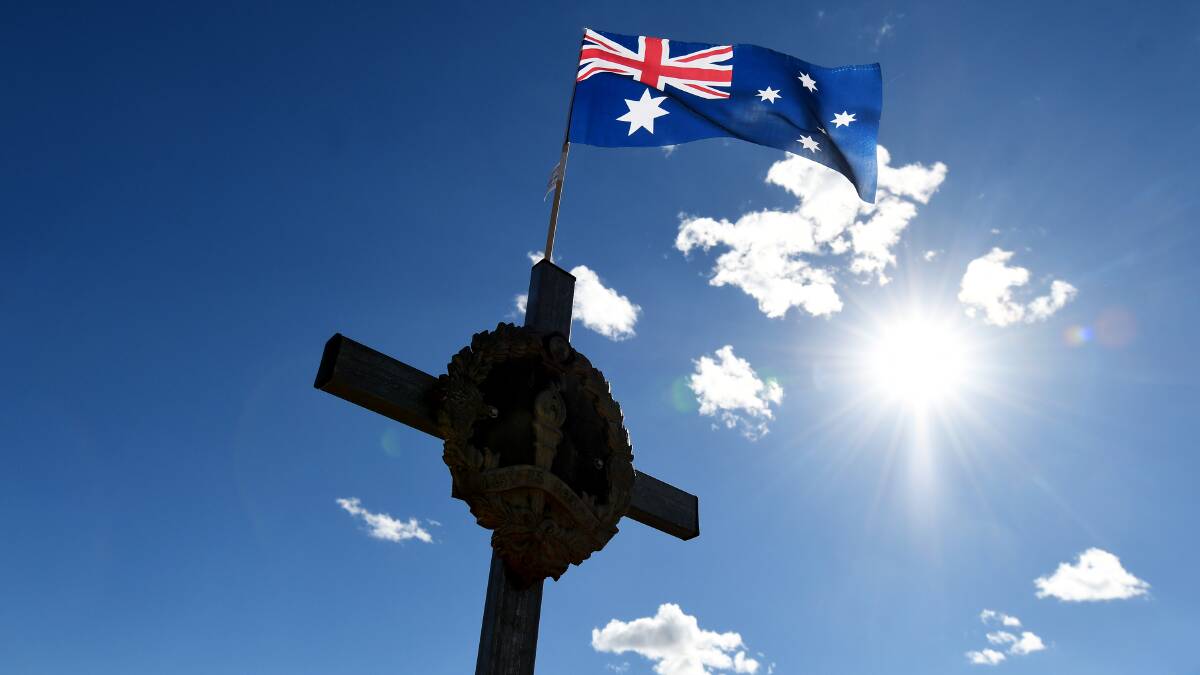OUR understanding of war has always been framed by foreign places.
Subscribe now for unlimited access.
or signup to continue reading

The tales of heroism are told from afar, locations otherwise a world away from Australia, Ypres, Tobruk, Villers-Bretonneux, of course Gallipoli, Long Tan, the list goes on.
A country with a difficult identity fought abroad and towns lost people in numbers almost commensurate with postcodes.
Read more:
The bloody birth of a nation, as legend might have it.
Lost to places on the other side of the world, towns forged their identities around the grief and set the names of the fallen in stone; a receipt reminding of the personal sacrifice.
Thousands of people in the New England will duly gather around their town’s memorial columns, cenotaphs, gates or obelisks to reflect, merely kilometres from their homes and among friends and familiar faces.
There is still a high value on the story of Australia in war and how a nation’s legend was forged in foreign timezones.
Australian author George Johnston wrote in his 1964 novel My Brother Jack the fingerposts of war had to be learnt and still be learnt.
“And blood was the only adhesive that might stick them into the native lexicon.”
It’s so firmly stuck researchers from Deakin University deemed Anzac Day more culturally powerful in Australia than Easter and Christmas.
Our military history lessons have followed a certain uniformity, just as our memorial monuments could be seen to fall into a narrow range categories.
What is unique, and perhaps not fully grasped, is the story accompanying each name carved into those monuments.
Looking at recent photos from Manilla’s cemetery and noting the number newly-installed Australian flags adorning the headstones of ex-service people the footprint of war in small towns is elucidated.
Each flag potentially a fingerpost to a tale of trauma.
In July, the Manilla RSL has pledged to honour the 100th anniversary of the death of the town’s first WWI veteran, Cliff Hayden, which it says, serves as a commemoration of every subsequent soldier from the same town.
While you’re at your place of commemoration, spare a thought for the people, the ones who didn’t come home and the ones who didn’t come back the same.

